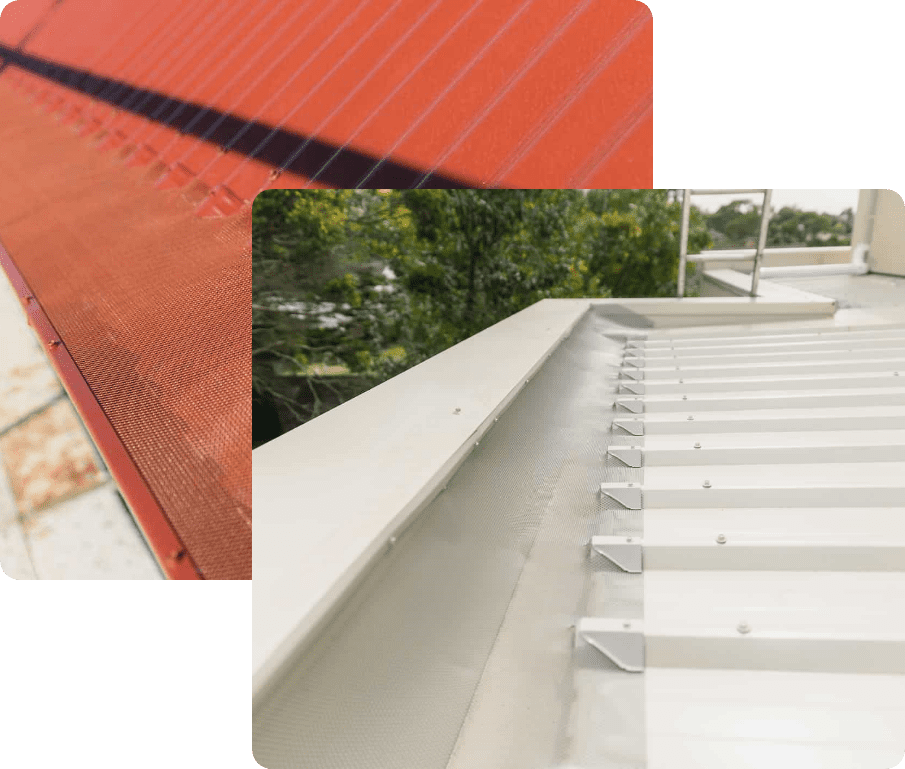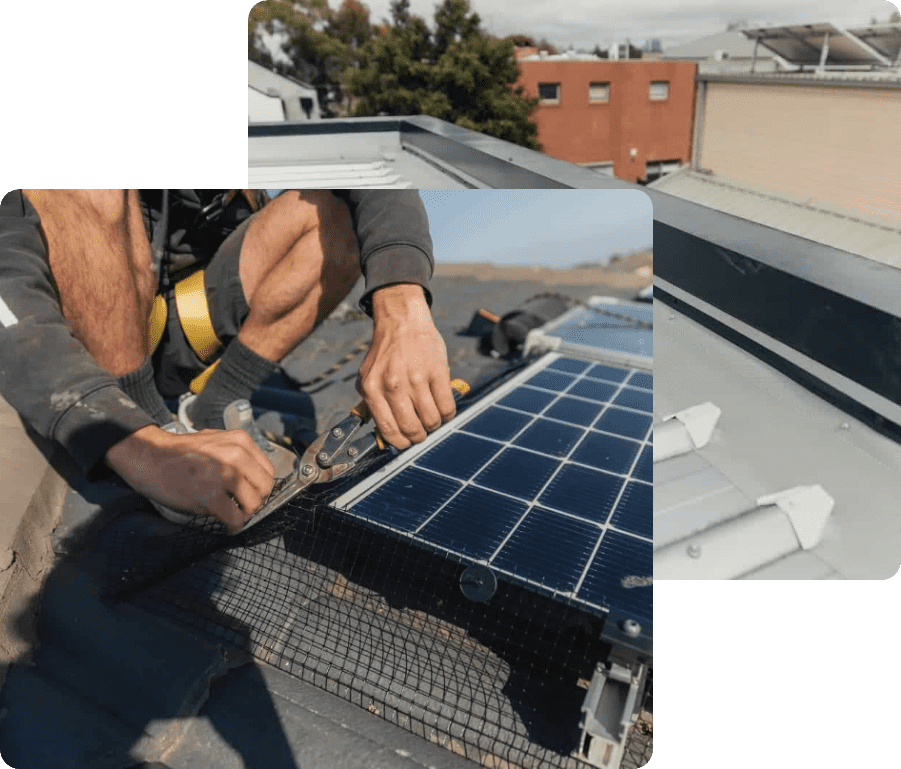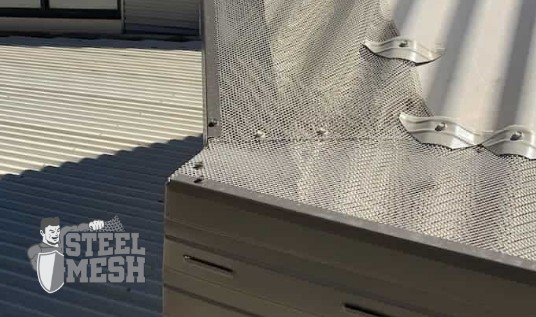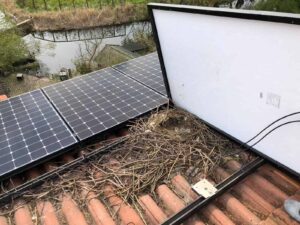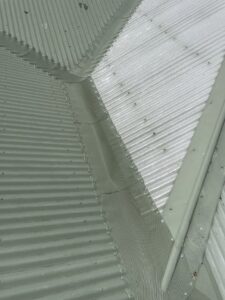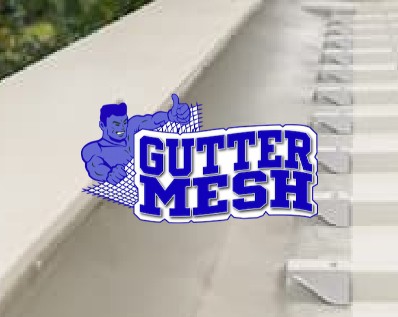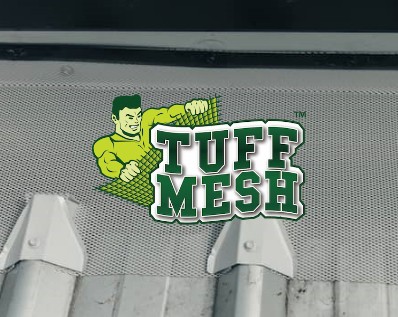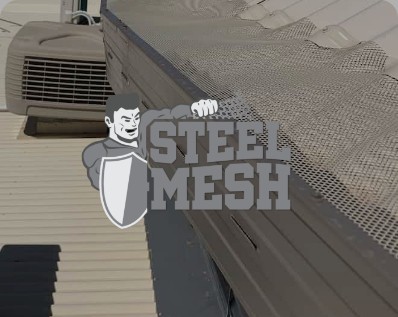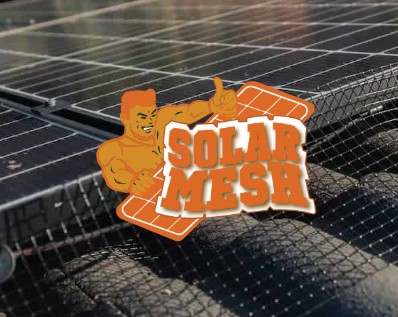Need a gutter guard? There are many types of gutter guards on the market, but generally, they are classified under two types: plastic and metal. Each has features and benefits of its own, so homeowners should be aware of each:
Property owners frequently ask: which is better, plastic or metal gutter guard? The answer is that it depends. Metal gutter guards are the best choice for most properties, but it ultimately depends on the location, roof material, roof size, and homeowner’s budget.
In Australia, metal gutter guards are the most popular material to protect homes. High-quality metal won’t warp or rust under harsh temperatures and extreme weather. However, there are some applications where plastic gutter guards are more suitable.
In coastal areas, metal materials are likely to corrode due to the heavy salt spray from the ocean. Plastic gutter guards are a better choice than metal in places like this, where corrosion is an issue. Plastic gutter guards are also a great choice on properties with galvanised roofs. The galvanic coating won’t react with plastic as it will with metal materials.
Which is Better, Plastic or Metal Gutter Guards?
Both plastic and metal gutter guards provide certain benefits for property owners. The best choice will depend on a few factors, like the property’s location, the type of property (residential or commercial), the type of roof and gutters, and the owner’s budget.
Metal Gutter Guards
Plastic Gutter Guards
Fire-resistant
Ideal for coastal application (not all)
Durable, long-lasting
Used for galvanised roofs
Available in aluminium, Colorbond® steel, stainless steel and galvanised steel alternatives
Cheaper alternative to metal
DIY options available
Available in gutter mesh, vinyl sheets, brush gutter guard and foam inserts and more.
Large range of metal gutter guards
DIY options available
Easy installation and proffesional installation options
Easy installation and proffesional installation options
Bird proofing, possum and vermin protection
1-15 years longevity (depending on the product)
AS420 Drinking water standards available
Ember guard products available with BAL ratings
15-25 years longevity
Need gutter guard installed?
Metal Gutter Guards
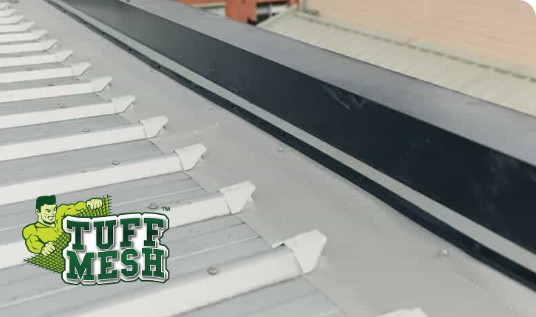
Most property owners in Australia prefer metal gutter guards as they are more robust and safer in areas prone to bushfires. Metal gutter guards typically last longer than plastic counterpoints; homeowners prefer metal over plastic.
The most commonly used types of metal are aluminium and stainless steel. High-quality metals like aluminium and stainless steel are more expensive, but you get what you pay for. Using cheaper metals could lead to problems down the road, like rusting, which can damage the roof and gutters. Cheap metals are also more likely to distort under the sun.
Metal Gutter Guards Types
There are a variety of different metal gutter guards, and each has its pros and cons. The critical thing to remember is that high-quality metals are better for longevity. Metal gutter guards are available in solid plates or rolled mesh. Mesh gutter guards are popular because they have a tiny aperture (hole), allowing water to flow through while blocking out debris.
Different metals have different Bushfire Attack Level (BAL) ratings. BAL ratings are based on a building’s fire risk, especially related to bushfires. When choosing the metal gutter guard protection type to install, pick a material that complies with the property’s BAL score.
Aluminium Gutter Guards
Most Australian property owners choose aluminium mesh to protect their gutters because the material is corrosion-resistant, non-combustible, and flexible which makes it easy to install.
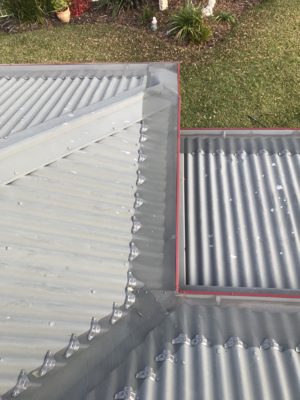
Aluminium mesh gutter guards are made by weaving the aluminium into diamond shapes that expand and contract. This expansion can cause the seams to leak over time, especially in areas with heavy tree branch fall and large rodents. So while aluminium is not quite as strong as steel, it is easier to work with and strong enough for most buildings.
TuffMesh is Australia’s toughest aluminum gutter guard mesh.
Quality aluminium gutter guard mesh is powder-coated in Colorbond® colours. Powder coating increases the mesh’s durability and protects against UV exposure and corrosive trace elements in rainfall. The coating also prevents the colour from fading in the sun, ensuring you have a perfect colour match for your tile or metal roof.
Some exceptions to gutter mesh powder coating are poly mesh and steel mesh. This does not mean poly mesh is a lesser gutter mesh solution – highly recommended for coastal area application or used with galvanised roof metals. However, it is generally considered less durable than metal guards.
Aluminium is a strong metal that deters birds, vermin, and other pests from nesting in gutters and is compatible with properties up to a BAL-29 rating. Aluminium’s versatility makes it the perfect choice for most homes in Australia.
Some aluminium meshes, such as our TuffMesh® range, are AS4020-rated for rainwater consumption and usage. This material is suitable as gutter filtration components of rainwater harvesting systems.
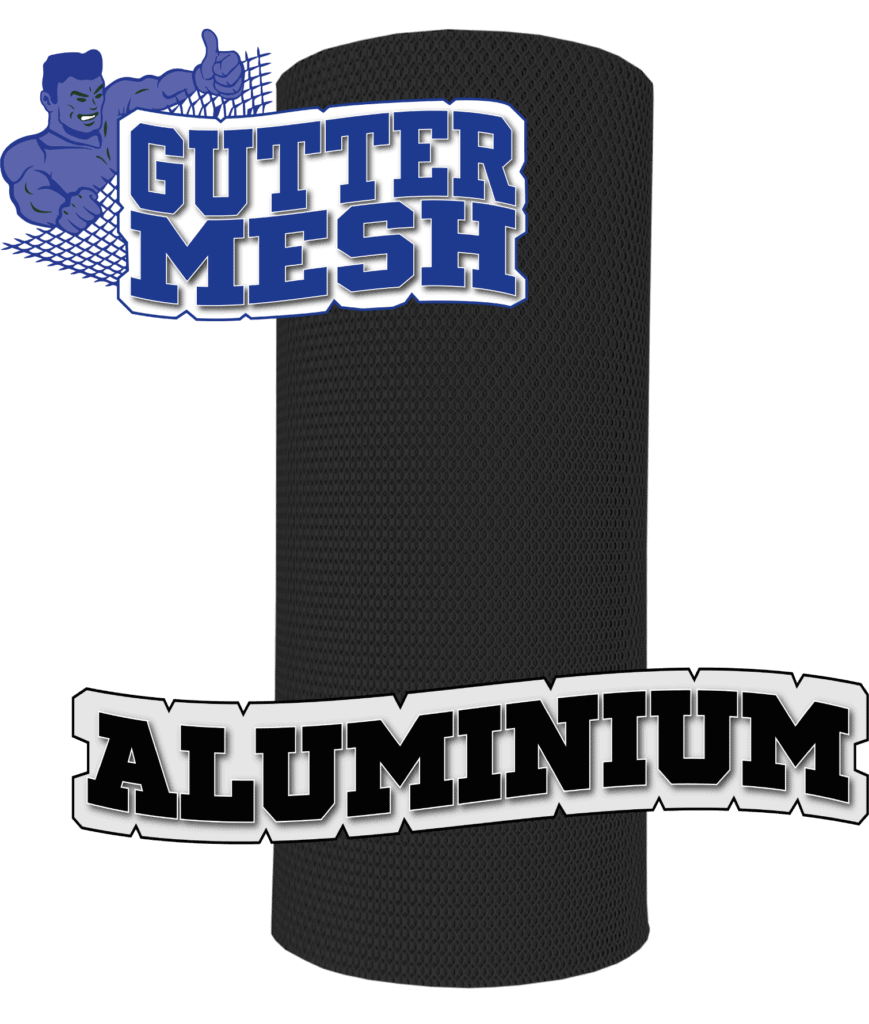
AVERAGE SPECIFICATIONS:
- LWG: 6.25mm
- SWG: 4.35mm
- Aperture: 3.5mm (average hole size)
- Plate thickness: 0.48mm
- Strand width: 0.7mm
Stainless Steel Gutter Guard
Stainless steel gutter guards are available as panels or mesh. Australian installers prefer mesh over panels because they permanently fix the roof and gutter.
The mesh panels easily lift in bad weather, which can be extremely dangerous.
Low-cost panels and stainless steel gutter guards are highly susceptible to rust and corrosion.
Colorbond® Steel Gutter Guard
The most popular type of steel mesh is Colorbond® steel mesh. Steel mesh is strong and durable and is made from Colorbond Bluscope® Steel which provides an excellent colour match with your roof and gutters. Compared to aluminium mesh, steel mesh is stronger but more difficult to install due to its weight and inflexibility- meaning it is harder to create a slope that encourages leaves to fall naturally to the ground.
SteelMesh is also an excellent ember guard for BAL-40 or BAL-FZ ratings in bushfire-prone areas. In these areas, homes and commercial buildings are extremely vulnerable to fire and ember attacks: Colorbond steel mesh is non-combustible and fire-rated.
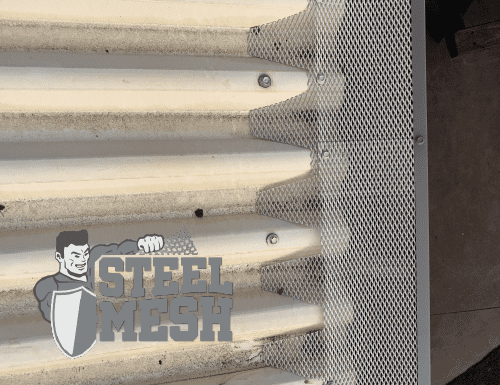
FEATURES & BENEFITS
- Aesthetically pleasing
- BAL-12.5, BAL-19, BAL-29, BAL-FZ
- 0 Flammability Index
- CSIRO non-combustible rated
- Made in Australia
- Custom galvanised products are available
- 20-year material warranty
Galvanised gutter guard
Galvanised steel is durable but is not the metal of choice for most Australian homeowners. Galvanised steel is made by dipping the steel into zinc, which gives it an anti-corrosive property. However, the steel mesh is disadvantaged for several reasons, including:
- The metal is highly reactive to other metals, such as copper, brass or uncoated aluminium roofs – causing rust and corrosion.
- The protective zinc coating is also susceptible to wear off, making the gutter guard more vulnerable to rust.
- It is heavier than aluminium metal, making installation more difficult.
However, galvanised steel gutter guards are used when the roof and gutters are also galvanised, ensuring no reaction between metals. It is prevalent in commercial projects and rural areas where galvanised material is more regularly used in construction.
Need gutter guard installed?
Plastic Gutter Guards
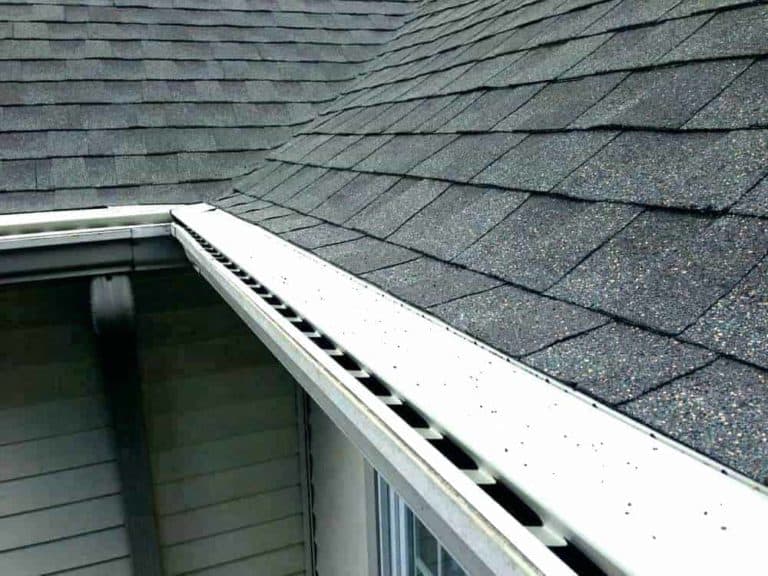
Although most homeowners use metal to protect their gutters, that’s not to say that plastic gutter guards don’t have their advantages. Some people choose to go with plastic material for the following reasons:
- Cheaper than metal materials
- Available in high-quality polyethylene
- Won’t rust or corrode
- Doesn’t react with galvanised roofs
- Easy to self-install
Using plastic gutter guards, you must look for high-quality plastic like polyethylene. Cheaper plastics won’t last long, so it’s worth your time and money to go with more expensive plastic material. Polyethylene is strong enough to handle extreme heat and UV rays without fading or warping.
Plastic Gutter Guard Types
Plastic gutter guards are available in different products and materials, like metal gutter guards. The quality and prices vary among the other plastic gutter guard products, so ensure you do your research.
Polyethylene Gutter Mesh
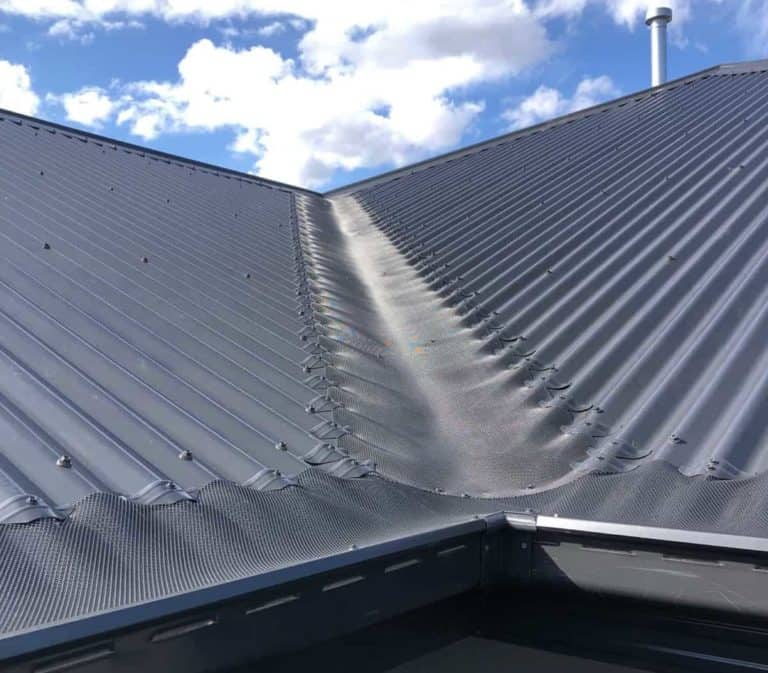
Polyethylene or poly mesh is an excellent choice for homes near the coast. These properties benefit from a gutter mesh that won’t corrode from saltwater exposure.
Poly mesh is the most robust plastic mesh and gutter guard available in Australia and has been used on roofs for over 25 years. Like the metal mesh, it is solid and durable and achieves an excellent finish on the roof as the guard is colour-matched to the roof and gutters using Colobond® colours.
Notably, the poly mesh is unsuitable as an ember guard or bushfire protection and does not comply with bushfire safety standards. The material is also unsuitable for properties with tank water used for general household consumption as it does not meet AS4020 standards.
TuffMesh Poly is Australia’s toughest poly mesh.
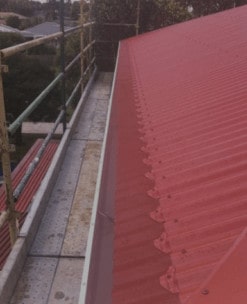
FEATURES & BENEFITS
- Suitable for coastal areas
- Strongest Poly available
- Suitable for all roofs, including galvanised
- Extra strong UV stabilised polyethylene
- 15-Year Material Warranty
Brush Gutter Guards
A brush gutter guard is made from UV-resistant plastic bristles connected to a metal wire core. They are simple to install in a standard gutter. The guard sits inside the gutter and the bristles keep out debris and leaves while allowing rainwater to flow easily.
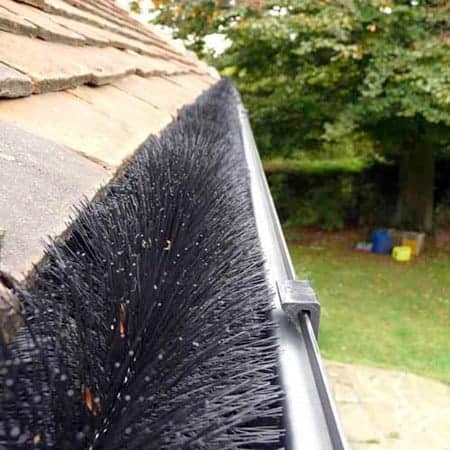
Brush gutter guards are not easily seen from ground level, however, they require constant cleaning when leaves and debris get caught in the bristles. It is easy to remove from the gutter, but it can also be easily removed by birds, vermin and possums. Leave and debris accumulation may also attract insects and other pests into the bristles. Thus, it is not suitable for bird proofing your gutters.
Foam inserts
Foam inserts are cheap and easy to self install but don’t always get the best results. Although foam inserts can prevent leaves and debris from clogging gutters, they do not provide protection from rodents, birds, branches or bushfires.

Over time, UV exposure can shrink and warp the foam leading to unwanted leakage. Leakages and water build-up are common under the guard as the foam inserts prevent it from naturally evaporating causing damage or rust.
Foam inserts are a good temporary fix, they are cheap and easy to get ahold of but they won’t last longer than a few months.
Need gutter guard installed?
Residential vs Commercial Properties
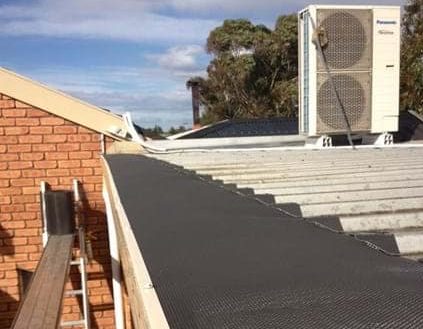
The main difference between residential and commercial properties is the gutter style. K-style and U-shaped gutters are the typical choice for residential properties. Traditionally, box gutters are favoured for commercial properties. However, the modern-style architecture now incorporates more box gutters and larger span gutters.
Box gutters are wider and deeper than gutters used in residential homes. Additionally, they are located between two adjoining roofs and collect rainfall from both. This location can make clogged gutters a real problem for business owners, so installing a quality gutter guard is important.
An aluminium metal gutter guard is the best choice for commercial properties with parapets and box gutters as it spans a wide gap. The TuffMesh® range is specially designed to fit these styles of gutters, and installation is easy.
Choose the right material
Before you decide which type of gutter protection to use, think about your project’s longevity, budget, location, and how you will install the guard. Remember that high-quality materials like commercial-grade aluminium gutter mesh will last longer and keep the most debris out of your gutters.
Want to know more? ScreenTech sends out Colorbond® gutter guard samples and guides to architects and discusses projects and considerations.
Look no further than ScreenTech’s TuffMesh®, GutterMesh, SteelMesh and SolarMesh products. Our mesh suits Klip-Lok®, Timdeck® corrugated roof types and tiled roofs. Get in touch with a ScreenTech installation partner today.

